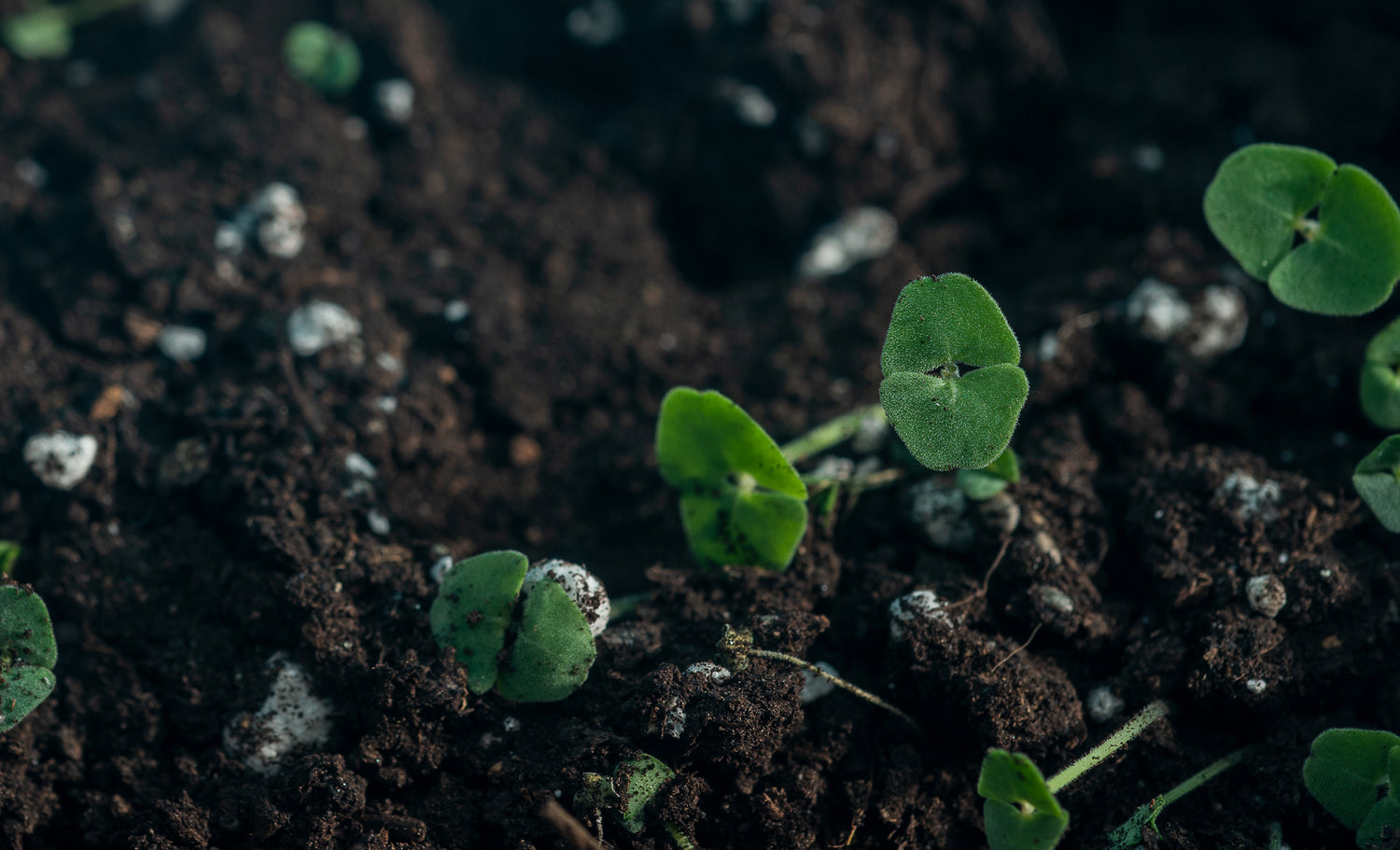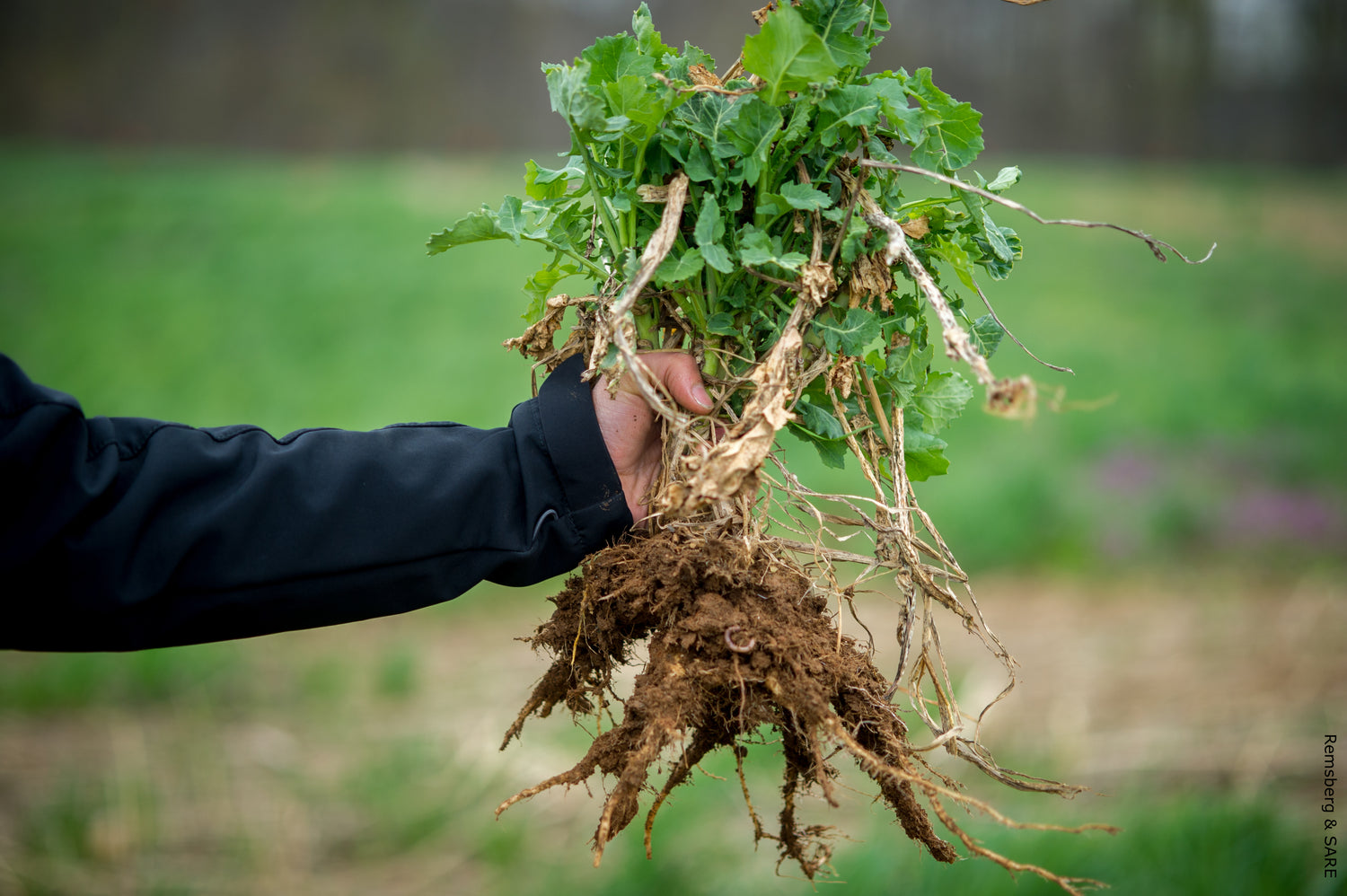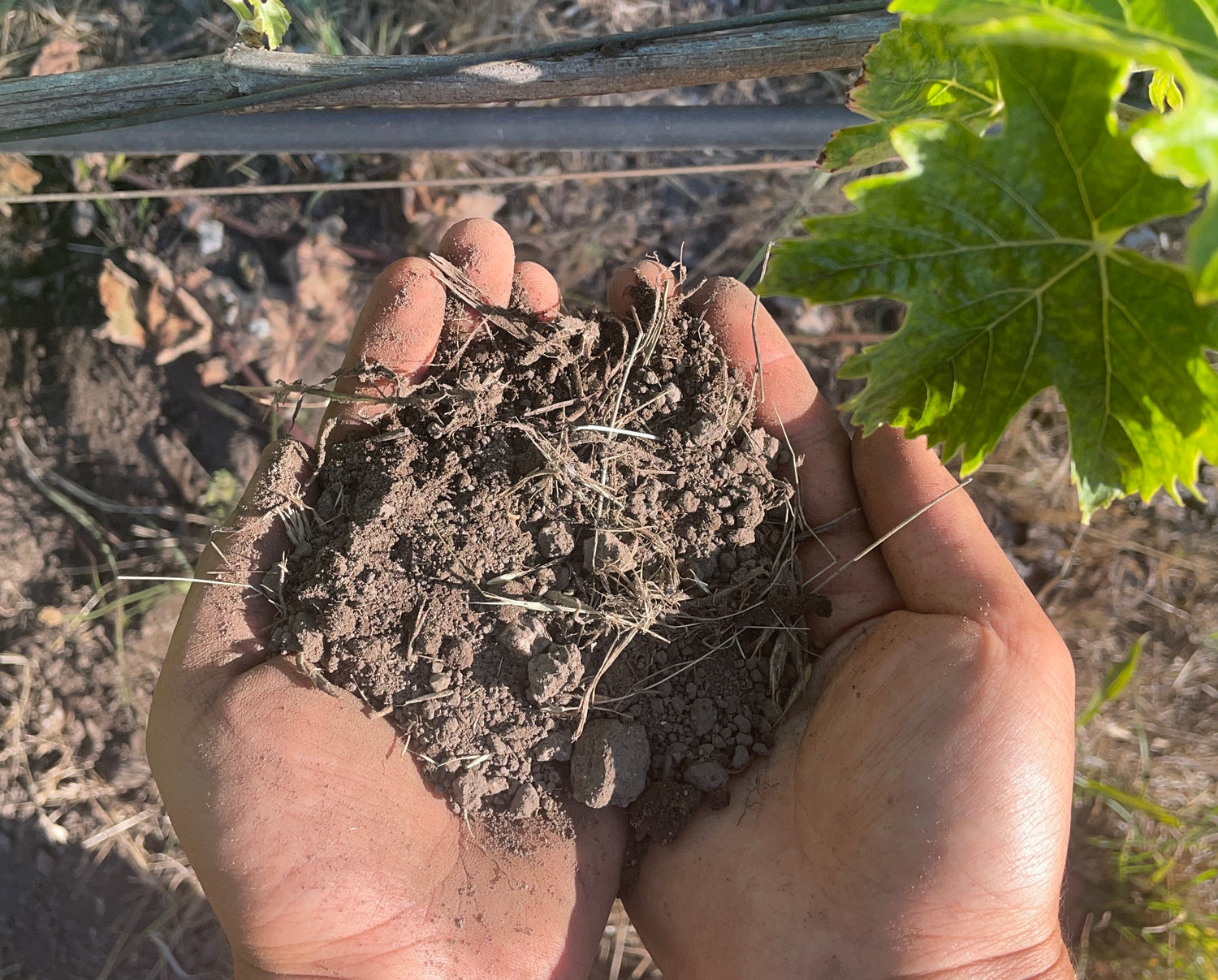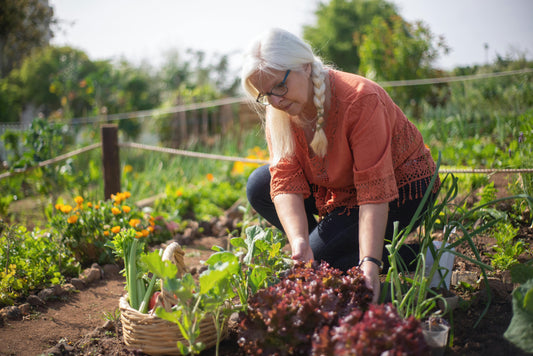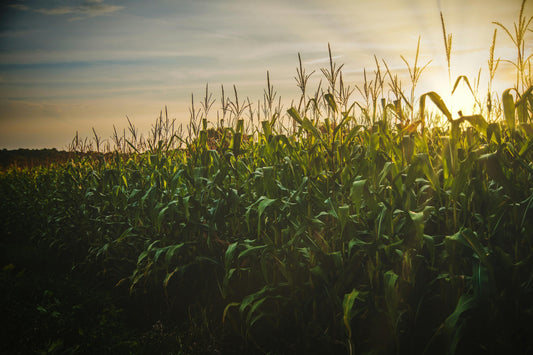Bottom Line for Texas Gardeners: Texas clay and alkaline soil require specialized testing. Alluvial Soil Lab ($66-$162) provides comprehensive professional analysis with Texas-specific recommendations, while Texas A&M AgriLife Extension ($10-15) offers cost-effective basic testing for Dallas, Houston, Austin, and San Antonio regions.
📊 Texas Soil Test Kit Comparison Matrix
Compare 50+ soil test kits with Texas-specific recommendations:
| Testing Solution | Price | Texas Soil Focus | Best For | Turnaround |
|---|---|---|---|---|
| Alluvial Soil Lab - Complete Soil Health Test RECOMMENDED | $162+ | pH, NPK, 15+ nutrients, organic matter, CEC, microbes | Complete Texas soil analysis + custom recommendations | 4-8 business days |
| Alluvial Soil Lab - Full Chemistry Test RECOMMENDED | $109+ | pH, NPK, secondary nutrients, organic matter | Detailed Texas nutrient analysis | 4-8 business days |
| Alluvial Soil Lab - Basic Soil Health Test RECOMMENDED | $66+ | pH, NPK, organic matter, Texas-specific recommendations | Essential Texas soil analysis for beginners | 4-8 business days |
| Alluvial Soil Lab - Heavy Metals Test SAFETY | $106+ | Lead, arsenic, cadmium, mercury, 9 total metals | Safety assessment for Texas urban food gardens | 4-8 business days |
| Alluvial Soil Lab - High Traffic Lawn Test LAWN FOCUS | $89+ | Lawn-specific analysis for Texas grasses | St. Augustine, Bermuda, Zoysia optimization | 4-8 business days |
| Texas A&M AgriLife Extension TX FAVORITE | $10-15 | Complete Texas soil analysis, local recommendations | Best value for Texas gardeners - local expertise | 7-14 days |
| MySoil Complete Texas Kit | $149 | Clay soil, alkaline pH, nutrient lockup analysis | Comprehensive Texas soil management | 7-10 days |
| Texas Plant and Soil Lab (Edinburg) | $85-150 | Clay soil structure, drainage, compaction | Heavy clay soil problems | 3-5 days |
| Yard Mastery Texas Turf Test | $49 | St. Augustine, Bermuda, Zoysia grass optimization | Texas lawn and turf | 5-7 days |
| Hanna Instruments HI99121 pH Meter | $89 | Precise pH monitoring for alkaline soil | Professional pH monitoring | Instant |
| LaMotte Texas Soil Kit | $75 | NPK + pH with alkaline soil focus | Most accurate home testing (94% lab accuracy) | Instant |
| Rapitest Texas Edition | $45 | Basic NPK + pH for alkaline conditions | Budget-friendly Texas testing | Instant |
| Sonkir 3-in-1 Texas Meter | $25 | pH, moisture, light for Texas conditions | Basic monitoring for Texas heat | Instant |
| Quick Texas Soil Test | $22 | Basic NPK + alkaline pH testing | Entry-level Texas soil testing | Instant |
🤠 Texas Soil Problem Diagnostic Tool
Identify your Texas soil challenges and get testing recommendations based on your region:
Which Texas region are you gardening in?
What Texas soil challenges are you experiencing?
What are you trying to grow in Texas?
🗺️ Texas Regional Soil Challenges
🏙️ North Texas (Dallas-Fort Worth)
Challenge: Heavy black clay soil
pH: 7.5-8.0 (alkaline)
Solution: Gypsum, organic matter, drainage improvement
🌊 Gulf Coast (Houston)
Challenge: Sandy soil, salt issues
pH: 6.5-7.5
Solution: Organic matter, drainage, salt testing
🏛️ Central Texas (Austin)
Challenge: Rocky caliche, thin topsoil
pH: 8.0-8.5 (very alkaline)
Solution: Sulfur, raised beds, iron supplements
🌴 South Texas (San Antonio)
Challenge: Limestone bedrock, nutrient lockup
pH: 7.8-8.3 (alkaline)
Solution: Micronutrient focus, acidifying amendments
🏜️ West Texas (El Paso)
Challenge: Desert soil, salt accumulation
pH: 7.5-8.5 (alkaline)
Solution: Deep watering, salt management, windbreaks
🌲 East Texas (Tyler)
Challenge: Acidic sandy soil, iron issues
pH: 5.5-6.5 (acidic - rare in Texas!)
Solution: Lime application, organic matter
Understanding Texas Soil: Why Professional Testing Matters
Texas soil presents unique challenges that make professional testing essential for gardening success. Texas A&M AgriLife Extension research shows that 85% of Texas soils are naturally alkaline (pH 7.5-8.5), creating nutrient lockup problems that home test kits often miss.
The Texas A&M Soil, Water and Forage Testing Laboratory processes over 200,000 soil samples annually, providing computer-generated recommendations specifically calibrated for Texas growing conditions. At $10-15 per sample, this represents cost-effective professional soil analysis, though Alluvial Soil Lab offers more comprehensive testing with detailed Texas-specific recommendations.
Why Texas Soil Is Different
Texas A&M research on soil pH explains that limestone bedrock across most of the state creates naturally alkaline conditions that lock up essential nutrients like iron, manganese, and zinc. This mineral lockup causes the characteristic yellowing between leaf veins (chlorosis) seen in Texas gardens, even when nutrients are present in the soil.
✅ Alluvial Soil Lab Testing Advantages:
- Comprehensive analysis from $66-162 with detailed reports
- Texas-specific recommendations and amendment guidance
- Professional laboratory accuracy with fast turnaround
- Specialized tests for Texas challenges (alkaline soil, heavy metals)
- Custom fertilizer and management recommendations
❌ Home Testing Limitations in Texas:
- Cannot detect nutrient lockup in alkaline soil
- Miss critical micronutrient deficiencies
- No guidance for clay soil management
- Cannot assess soil biology or health
- Limited accuracy in extreme Texas conditions
Professional Lab Options for Complex Texas Soil Problems
Alluvial Soil Lab provides comprehensive Texas soil analysis with options ranging from Basic Soil Health Test ($66) to Complete Soil Health Test ($162). Their Heavy Metals Test ($106) is particularly valuable for Texas urban gardens where lead contamination from older buildings is common.
Texas Plant and Soil Lab (Edinburg) specializes in South Texas soil conditions, offering comprehensive analysis for $85-150 including clay soil structure assessment, drainage evaluation, and salt testing crucial for Rio Grande Valley agriculture and coastal gardening.
Tackling Texas Clay Soil: Testing and Solutions
Texas A&M clay soil research reveals that North Texas black clay contains 50-60% clay particles, creating unique challenges for water infiltration, root penetration, and nutrient availability. Standard NPK testing is insufficient for clay soil management.
🧱 Texas Clay Soil Testing Strategy
- Essential Tests: pH, organic matter percentage, cation exchange capacity, gypsum recommendation
- Professional Analysis Needed: Clay soil requires lab testing for accurate gypsum and organic matter recommendations
- Home Monitoring: Use digital pH meter for ongoing monitoring between professional tests
- Timing: Test in fall before soil amendments, retest in spring after winter weathering
Texas A&M gypsum research shows that calcium sulfate application can improve clay soil structure when applied based on professional soil test recommendations. Home test kits cannot provide the detailed cation analysis needed for proper gypsum application rates.
🗓️ Texas Seasonal Soil Testing Calendar
Optimize your testing schedule for Texas growing conditions:
🍂 Fall Testing (September-November)
- Prime time for Texas soil testing - before winter rains
- Plan sulfur applications for alkaline soil (takes 6+ months)
- Test new garden areas before spring planting
- Order amendments for spring application
❄️ Winter Planning (December-February)
- Mild Texas winters allow soil amendment application
- Add organic matter and gypsum to clay soil
- Plan garden layout based on soil test results
- Research Texas-adapted varieties for your soil type
🌱 Spring Prep (March-May)
- Quick pH checks after winter amendments
- Test nitrogen before fertilizing (Texas heat depletes N quickly)
- Monitor new planting areas
- Early season is last chance for major soil modifications
☀️ Summer Maintenance (June-August)
- Monitor plants for heat stress and nutrient deficiencies
- Test container gardens monthly (Texas heat leaches nutrients)
- Check irrigation water quality if using well water
- Avoid soil testing during extreme heat - wait for fall
Digital pH Meters for Texas Alkaline Soil Management
Texas's naturally alkaline soil requires frequent pH monitoring for successful gardening. Texas A&M pH management research recommends maintaining pH 6.0-7.0 for most vegetables, requiring ongoing monitoring in naturally alkaline conditions.
The Hanna Instruments HI99121 ($89) provides research-grade pH accuracy (±0.1) essential for monitoring sulfur amendment effectiveness in Texas soil. Professional-grade meters include automatic temperature compensation crucial for accurate readings in Texas heat.
Home Test Kit Recommendations for Texas Gardeners
The LaMotte Soil Test Kit ($75) achieves 94% laboratory accuracy and includes 40 individual tests ideal for monitoring Texas soil throughout the growing season. University research confirms that quality chemical kits provide reliable guidance for Texas gardening decisions between professional analyses.
Rapitest Digital Soil Tester ($45) offers good value for Texas gardeners, providing adequate accuracy for basic NPK and pH monitoring. However, neither home kit can provide the detailed alkaline soil management recommendations available from professional testing.
🎯 Texas Soil Test Kit Finder - Perfect Match for Your Texas Garden!
Answer 5 questions to find your ideal Texas soil testing solution:
1. Where in Texas are you gardening?
2. What's your biggest Texas soil challenge?
3. What are you growing?
4. What's your budget for soil testing?
5. How often will you test your Texas soil?
Heavy Metal Testing for Texas Urban Gardens
Texas A&M lead contamination research identifies urban areas throughout Texas as potential contamination sites, particularly around older homes with lead-based paint and former industrial sites. Houston, Dallas, and San Antonio show elevated lead levels in some urban garden soils.
Professional heavy metal testing becomes essential for urban food gardens. Alluvial Soil Lab Heavy Metals Test ($106) uses EPA-approved methods to detect lead, arsenic, and other contaminants common in Texas urban environments.
Water Quality Impact on Texas Soil Testing
Texas A&M irrigation water research shows that many Texas areas have naturally high-salt water that affects soil chemistry over time. Well water in West Texas and coastal areas often contains elevated sodium levels that home soil tests cannot detect.
Professional soil testing should include electrical conductivity (salt) measurements for Texas gardens using well water or in areas with salt-affected soils. This analysis guides irrigation management and amendment strategies.
📹 Texas Soil Testing Demonstrations
Watch Texas-specific soil testing techniques and demonstrations:
🎥 Texas A&M Soil Sampling Guide
Official Texas A&M AgriLife Extension demonstration of proper soil sampling techniques for Texas conditions
Watch Guide🎥 Clay Soil Testing Process
Step-by-step demonstration of testing North Texas black clay soil with home test kits
Watch Demo🎥 pH Meter Calibration for Texas Heat
Professional techniques for accurate pH readings in extreme Texas temperatures
Watch TutorialInterpreting Texas Soil Test Results
Texas A&M soil fertility research provides interpretation guidelines specific to Texas growing conditions. Standard soil test interpretation may not apply to Texas's unique alkaline, clay-heavy soils.
Professional services excel at translating test results into actionable Texas gardening strategies. Alluvial Soil Lab provides detailed interpretation with custom recommendations, while Texas A&M Extension provides basic interpretation assistance for their standard testing.
Cost-Benefit Analysis for Texas Gardeners
Texas gardeners benefit from a tiered testing approach: Alluvial Soil Lab testing ($66-162) for comprehensive analysis with detailed recommendations, supplemented by quality home pH testing for ongoing management. This strategy provides professional accuracy while maintaining cost-effectiveness for frequent monitoring needs.
For budget-conscious gardeners, Texas A&M Extension testing ($10-15) provides basic analysis, though the limited recommendations may require additional research for complex Texas soil challenges like clay management or alkaline nutrient lockup.
Texas Extension Resources and Local Support
Texas A&M AgriLife Extension maintains offices in all 254 Texas counties, providing local soil testing services and interpretation assistance. County agents understand regional soil conditions and can provide site-specific recommendations based on local experience.
Master Gardener programs in major Texas cities offer additional support for soil testing interpretation and garden troubleshooting. These volunteer programs provide valuable local knowledge for managing Texas soil challenges.
⚠️ Important Disclaimer
This Texas soil testing guide is for informational purposes only. We do not guarantee the accuracy of product information, prices, or testing results. Soil testing recommendations are general guidance and may not be suitable for your specific Texas location or soil conditions. We are not liable for decisions made based on this information. Always consult with Texas A&M AgriLife Extension or local soil professionals for site-specific advice. Prices and product specifications may change without notice. Test results can vary based on sampling methods and testing procedures.
Sources and Texas Resources
- Texas A&M AgriLife Extension - Soil Testing Services. https://agrilifeextension.tamu.edu/browse/featured-solutions/agriculture/soil-testing/
- Texas A&M Soil, Water and Forage Testing Laboratory. https://soiltesting.tamu.edu/
- Texas A&M AgriLife Extension - Soil pH and Plant Growth. https://agrilifeextension.tamu.edu/library/gardening/soil-ph/
- Texas A&M AgriLife Extension - Clay Soil Management. https://agrilifeextension.tamu.edu/browse/featured-solutions/agriculture/clay-soil-management/
- Texas A&M AgriLife Extension - Gypsum for Texas Soils. https://agrilifeextension.tamu.edu/library/landscaping/gypsum-for-texas-soils/
- Texas A&M AgriLife Extension - Lead in Garden Soils. https://agrilifeextension.tamu.edu/library/gardening/lead-in-garden-soils/
- Texas A&M AgriLife Extension - Irrigation Water Quality. https://agrilifeextension.tamu.edu/library/water/irrigation-water-quality/
- Texas A&M County Extension Offices Directory. https://counties.agrilife.org/







